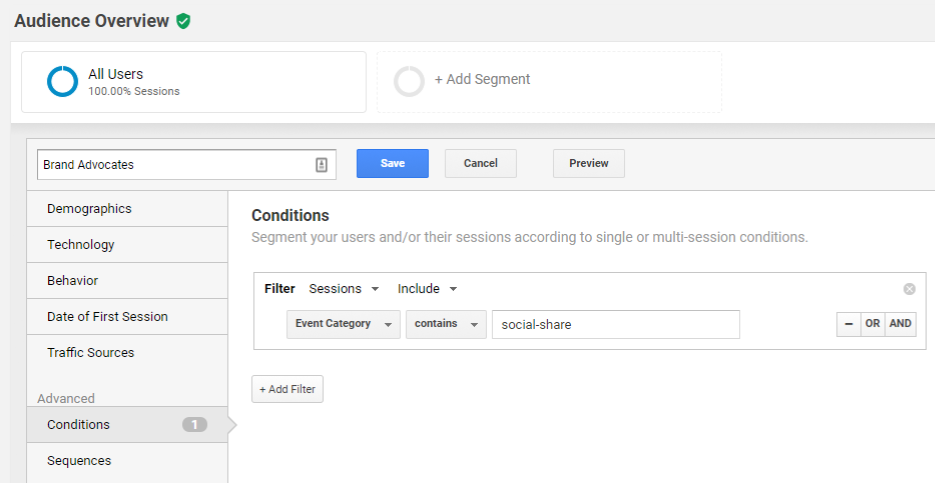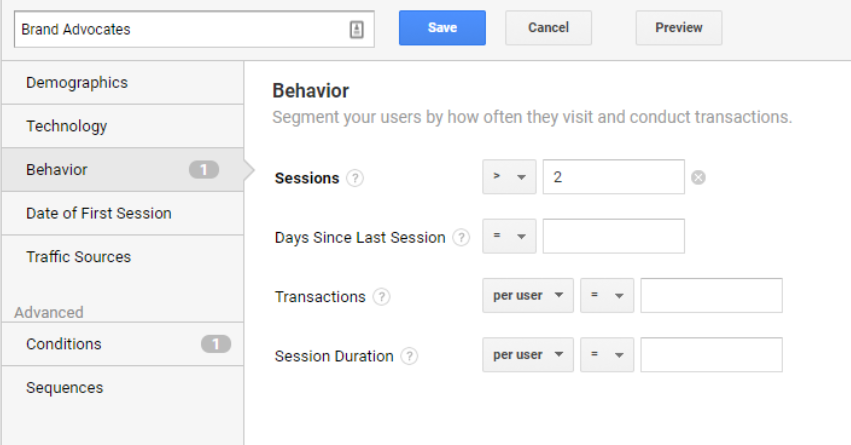
What do you picture when we say, “Measurement strategy”?
Do you think in terms of vague business goals? Unrealistic campaign objectives? An Excel sheet of basic KPIs and metrics? You’re not alone. A lot of people are approaching digital content marketing strategies the wrong way.
Sure, having clearly defined metrics relating to bigger picture KPIs is critical to measuring the success of any website. However, the most important factor in a measurement strategy often takes a backseat – and that is – your audience.
You can have the most elaborate digital strategy in your industry, but without a focus on those on the receiving end of the experience – your user – it all falls flat. In this post, we’ll walk you through how to approach an audience-first analysis that can help improve your website’s measurability.
What is an Audience-First Strategy?
Taking an audience-first approach to your measurement strategy means understanding who your audience is, what they want from your website, and why it matters to your business’ bottom line.
Having an audience first approach means keeping the user experience in mind every step of the way, and having the user experience be of the highest priority.
Have a brilliant idea for a test but nervous it’ll impact user experience negatively? Test something else. At the heart of our audience-first approach is applying empathy and focusing on what the experience is like for the user.
What is an Audience-First Analysis?
Right at the onset of your measurement strategy you should seek to answer the 4 following questions about your data using Google Analytics:
- What does my audience care about?
- How do they interact with my site?
- Do they have any friction in user experience on the site?
- What do they need but aren’t getting? What do they want more of?
In order to answer these questions about your users, you can build out quantitative personas with Google Analytics ‘advanced segments’.
How do I use Google Analytics Advanced Segments for Audience Segmentation?
ADVANCED SEGMENTS are subsets of Google Analytics data. Segments allow you to isolate and analyze users/sessions/hits based on the specific criteria you outline and define as belonging to that group.
By analyzing data through the lens of audience segments, you are able to take an audience-first approach to measuring your website performance.
Take “Brand Advocates” for example, these are users who you’ve identified have performed a series of actions on site that demonstrate they’re huge fans of the brand – this could involve multiple sessions, social shares, you define the criteria. Below is an example of how you can build out a simple audience segment by setting a criteria for session, and adding a condition.
The following example uses the Behavior tab to segment users who have had more than 2 sessions, and the Condition tab to segment those who have shared content from the site to Twitter. The combinations you can make are endless and highly customizable depending on the types of behaviors you want to track.
Having segmented these Brand Advocates – you can analyze the specific actions they are taking on your site and make business decisions based off of your learnings.
Hopefully by now you know how beneficial it is to focus on the user as you develop a measurement strategy for your website. If you’re still a little fuzzy – give our Analytics team a shout or leave your questions in the comments below.














